Italian investigation reveals how riders pay for places in pro peloton
Italian team managers cleared but accusations remain
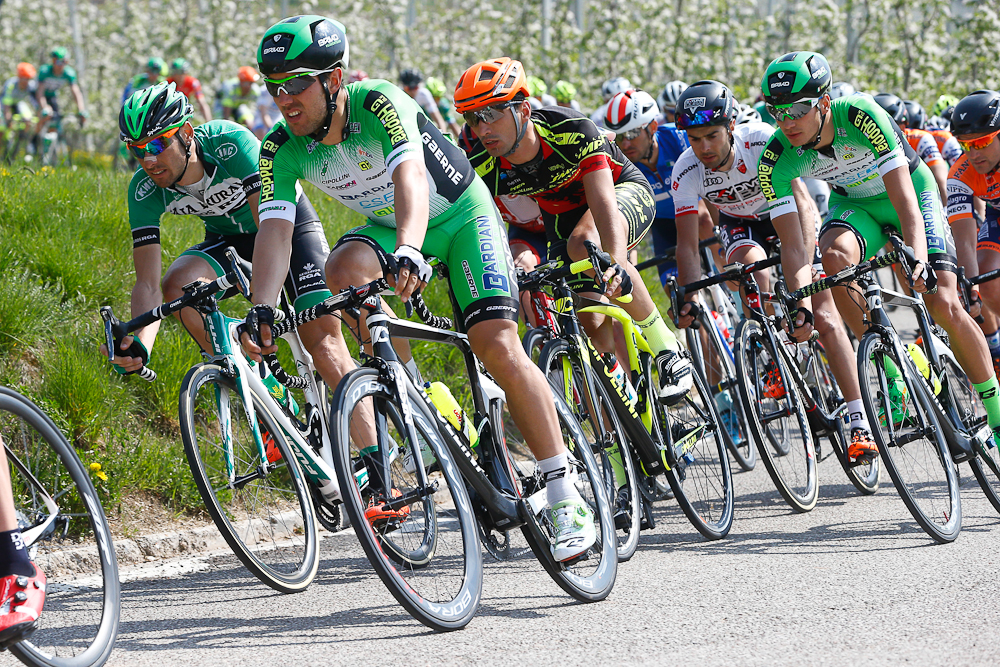
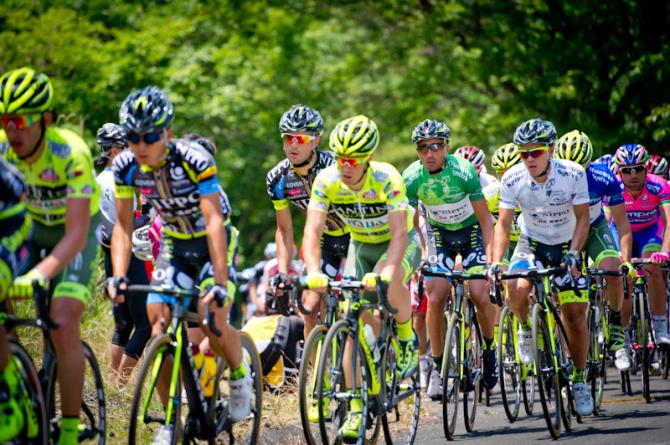
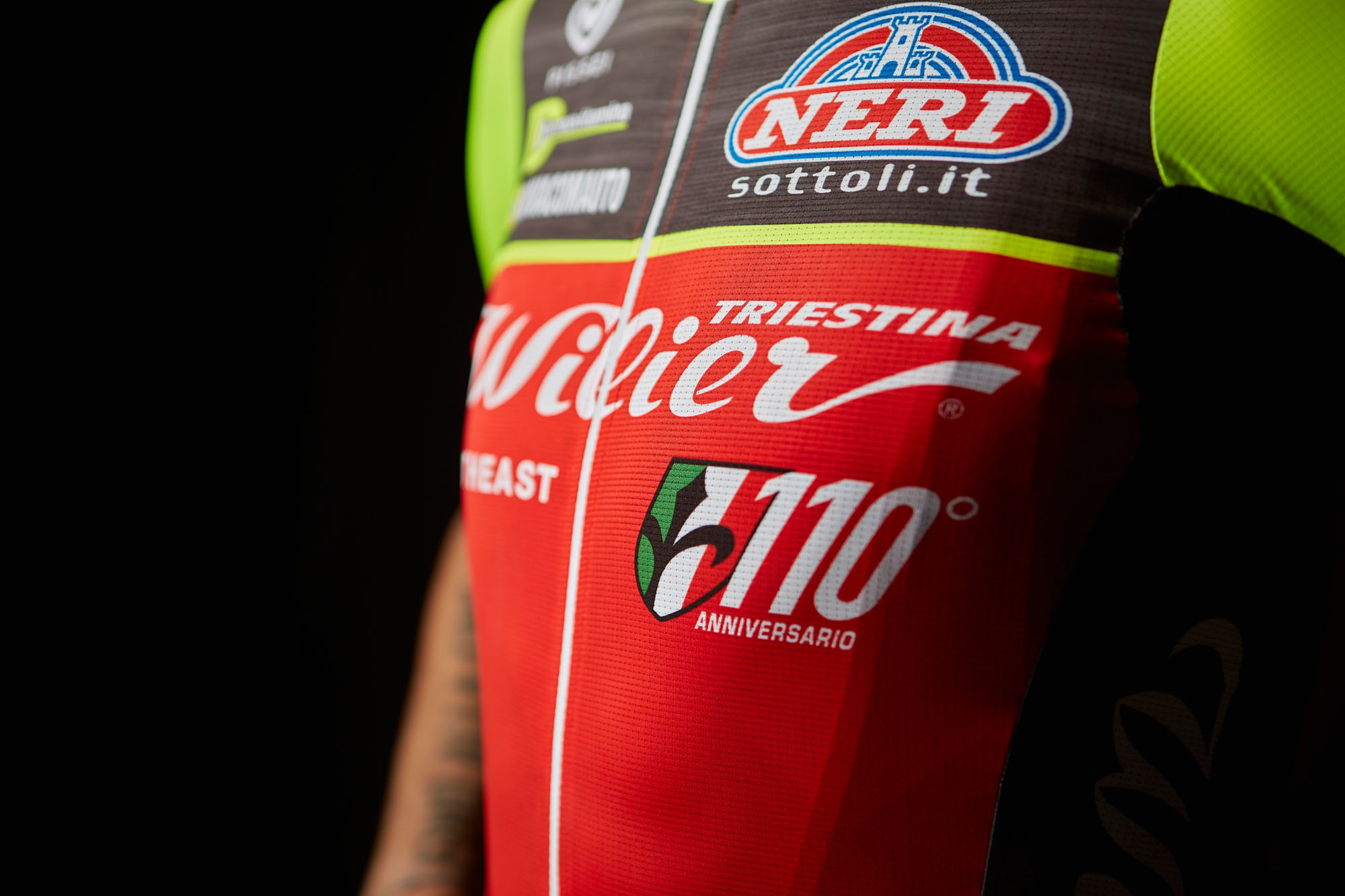
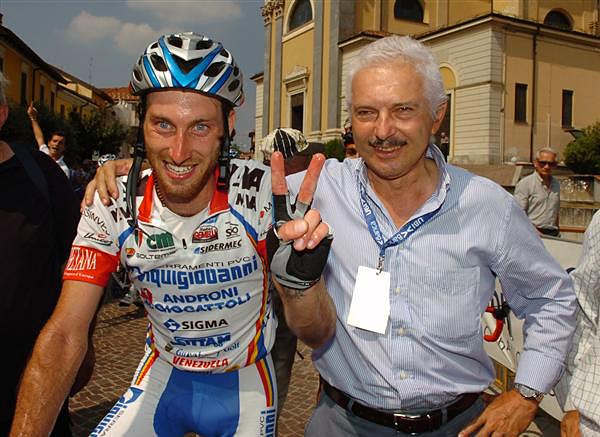
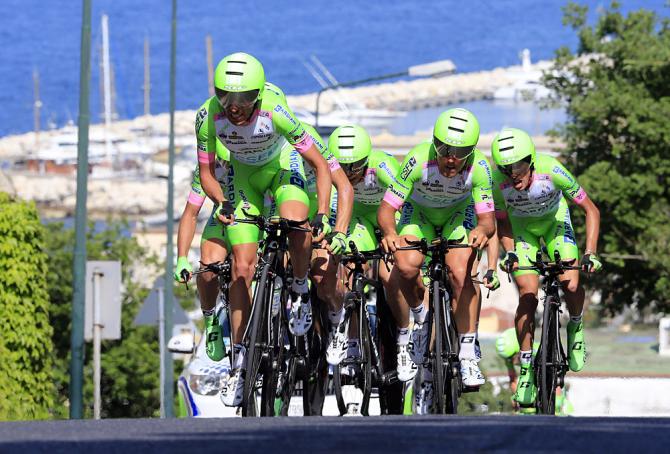
Italian team managers Gianni Savio (Androni Giocattoli), Angelo Citracca (Wilier-Southeast) and Bruno Reverberi (Bardiani-CSF) were each cleared of any wrong doing at the end of the ‘pagi e corri' – 'pay and ride' investigation but formal statements gathered during the investigation have revealed how riders are often put under pressure to find sponsors to cover their salaries and secure places in the teams.
The team managers were accused of "influencing the possibility of riders to turn professional based not on sporting merit but on the ability to find a sponsor that guaranteed a profit for the team."
When they were cleared they immediately celebrated the verdict, knowing it legitimised their way of running their Professional Continental teams.
However their celebrations may be short lived. Cyclingnews understands that evidence from the investigation may be studied by the UCI as it considers awarding the teams' Professional Continental licences for the 2017. Cyclingnews understands that after a request from Nicolas Valticos - the head of legal at the UCI, the Italian investigators have sent an English translation of the 20 pages of statements and defence from those involved in the case. The UCI are due to decide on team licence for 2017 in the next few weeks.
The UCI has yet to reply to Cyclingnews' questions about the consequences of the investigation.
Pay and ride
The 'pay and ride' investigation was sparked by a detailed investigation by renowned journalist Marco Bonarrigo which was published in the Italian newspaper Corriere della Sera. He claimed that numerous Italian riders were forced to find personal sponsors to obtain places with teams, with some even forced to give back part of their official salary via secret bank accounts, while illegal option contracts that were never registered with the UCI were used to extort money from riders if they were offered a place with a bigger team.
Citracca and Savio openly admitted that they often signed riders who helped secure sponsorship for the team but denied riders were forced to do so. Citracca justified the signing of Ramon Carretero, even though the Panamanian rider struggled in races and then tested positive for EPO at last years Tour of Turkey.
Get The Leadout Newsletter
The latest race content, interviews, features, reviews and expert buying guides, direct to your inbox!
"How could I refuse to sign Carretero after his father helped find me a (title) sponsor that helped save the jobs of 30 people?" he told Corriere della Sera.
However formal statements given by a number of Italian riders and seen by Cyclingnews confirm that riders and their agents were often pushed to find sponsors to cover their salaries. The riders claimed that numerous riders were able to obtain a place in a team thanks to financial support from their parents or relatives.
In his statement, Omar Bertazzo suggested that he would have been able to continue at the Androni team if he had found a sponsor.
"In cycling slang it's called 'bring in your sponsor'. The team has 5 to 8 good riders, then to complete an 18-rider roster, it hires weak riders who guarantee a sponsor."
Other riders interviewed gave similar statements. Savio denied any wrong doing, saying he only hires good riders regardless of their sponsor.
The Coledan option case
Christian delle Stelle said that sponsorship had become the rule of the game at Bardiani. He suggested that only two or three riders from the team had fixed contracts, while other riders often changed due to the arrival of riders with sponsors.
The case of Marco Coledan highlighted the use and abuse of private contracts and options.
Coledan had a registered two-year contract with Bardiani but also signed a private agreement for a third year. When Elia Viviani wanted Coledan as his preferred leadout man at the Liquigas team in 2014, Reverberi insisted that Coledan pay a cash fee to rip up the private agreement.
According to official statements and evidence, Coledan and Viviani agreed to pay 15000 Euro each to ensure Coledan could move to Liquigas but when Reverberi then raised the request to 60000 Euro the deal never happened. Coledan had to stay at the Bardiani team in 2014 but only raced for 28 days. The team claimed it was for technical reasons but Christian Salvato the president of the Italian Professional Cyclists Association, described the pressure the team put on Coledan as "a kind of mobbing because he'd shown his intention to get out of his contract."
During Thursday's often heated hearing in Rome, Reverberi defended his actions but indirectly confirmed the accusations.
"They (the Liquigas management) should have dealt with me instead of sending the rider,” he said according to the La Repubblica newspaper.
Reverberi has since threatened legal action to 'defend his image as a man of sport that he has tirelessly built over the years.'
The evidence and statements seen by Cyclingnews indicate that numerous other riders have endured similar treatment over the year. It seems that riders are so desperate to turn professional after years of riding as an amateur that they are ready to accept virtually any kind of illegal agreement. However, this favours riders who can, or are willing, to pay rather than the most talented and weakens the quality of the Italian peloton. Some riders have made it up to WorldTour level but many others have quit the sport in disgust, saddened by how they were treated.

Stephen is one of the most experienced member of the Cyclingnews team, having reported on professional cycling since 1994. He has been Head of News at Cyclingnews since 2022, before which he held the position of European editor since 2012 and previously worked for Reuters, Shift Active Media, and CyclingWeekly, among other publications.